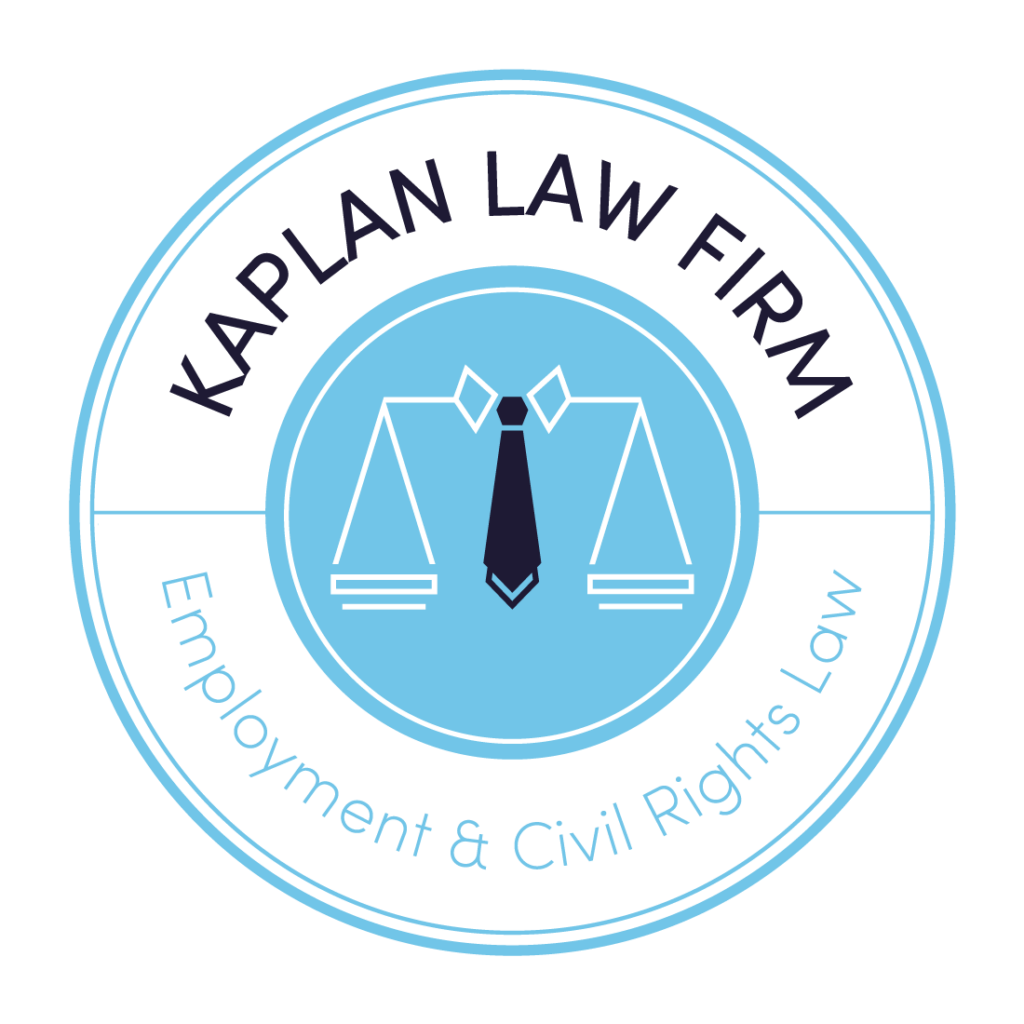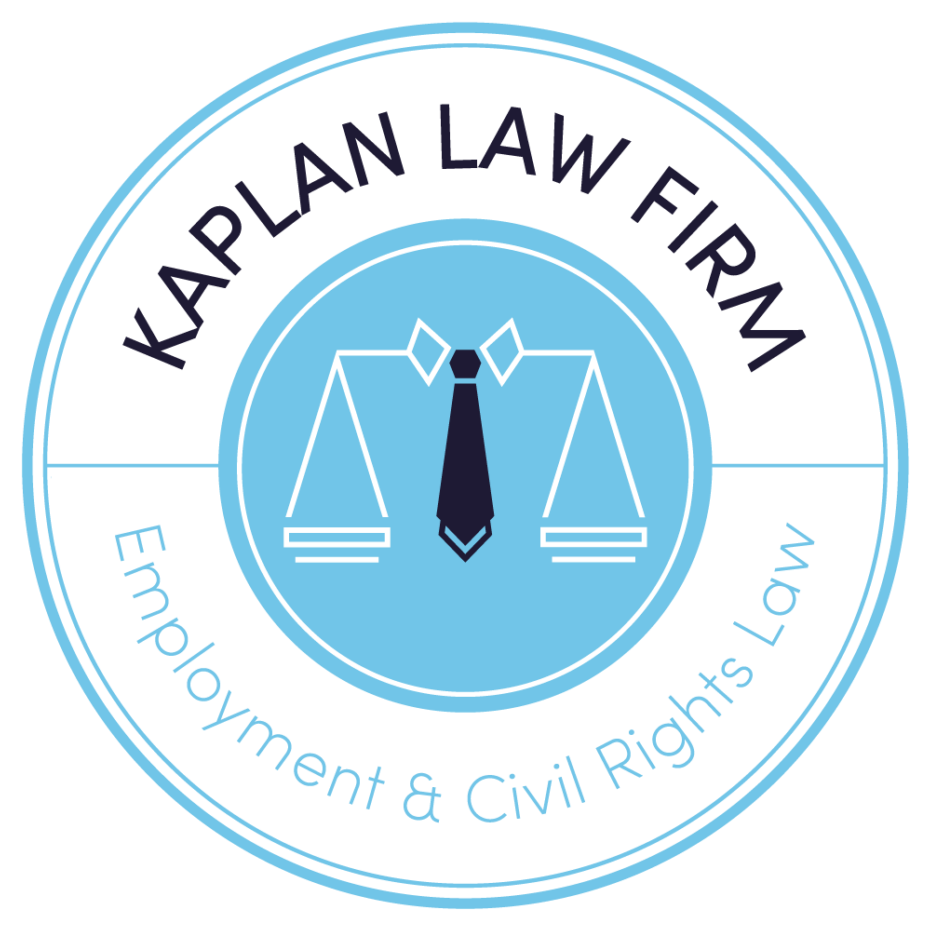What is wrongful termination?
Wrongful termination is another way of saying your employer fired you illegally. In Texas, employers can fire at-will employees for good reason, bad reason, or no reason at all, as long as it’s not an illegal reason. Illegal reasons include firing someone for discriminatory reasons such as their race, gender, color of skin, religion, age, disability status, veteran status, ethnicity, or national origin. It is also potentially illegal to fire an employee for making a complaint or report of discrimination – that is called retaliation. For employees who have employment contracts (often executives, physicians, and founders), wrongful termination is often another way to say the employer breached your employment contract in firing you.
I have heard that Texas is an at-will state, what does that mean?
It means that Texas employers can fire Texas employees at any time for nearly any reason. It seems strange, but Texas employers often do not even have to give their employees a reason for firing them. Employers have a structural advantage in the employment relationship, but employees still have important rights to be free from discrimination, hostile work environments, harassment, and retaliation, and to blow the whistle in a way protected by state and federal statutes.
I have an employment contract; how do I know if my employer breached the contract by firing me?
The elements for a Texas breach of contract claim are simple:
- A contract existed;
- The employee fulfilled his or her duties under the contract;
- The employer fired the employee;
- The reason the employer fired the employee violates the terms of the contract; and
- The employee suffered damages due to this breach of contract.
These disputes usually turn on the definition of “good cause” or “for cause” in the employment agreement. Employees should diligently negotiate those terms before entering into any agreement. Employers often try to broadly interpret those terms to fire executives, and executives dispute the interpretation of the terms, as well as their application to the executives’ actions. A common dispute is whether alleged poor performance is sufficient for “good cause” to fire the employee. As you might imagine: the devil is in the details.
I was fired because of my religion, is that legal?
Absolutely not! Firing someone on the basis of religion or religious practice is illegal discrimination regardless of whether the employee is “at-will” or not. Both Federal and Texas law prohibit termination on the basis of:
- Religion
- National Origin
- Age
- Color
- Disability
- Pregnancy
- Race
- Sex/gender
How do I prove I was fired for discriminatory reasons?
Proving wrongful termination based on discrimination must include the follow elements:
- You are part of a protected class (e.g., pregnant, disabled, regarded-as disabled, age 40 or over);
- You are a qualified employee (able to perform the essential functions of your job with or without a reasonable accommodation);
- Your protected class was a motivating factor in your termination:
- Other people outside your class who did the same things you did were not treated as harshly as you were, or
- One or more of the people who decided to terminate your employment made negative comments about your protected class.
How do I prove I was fired because of my protected status?
Any proof of bias by the employer against this protected class can help. Comments by decision-makers that show the intent to discriminate against people in your protected class are sometimes sufficient. Sometimes company policies show that the employer was biased against the protected class. For example, some companies have written policies stating workers must be 100% healed from injuries or disabilities before returning to work, even if they are ready to return earlier. Those policies are likely evidence of the employer’s discriminatory intent.
What other factors suggest discrimination?
Other factors include things like if the employer has a well-documented history of discrimination, whether the employer can state a logical, coherent non-discriminatory reason for firing the employee, and statements to the press and to shareholders about company employment practices.
What is wrongful termination based on retaliation?
Retaliation is when an employee is fired as a means of revenge for exercising a legal right. This includes filing a discrimination or harassment complaint, requesting maternity leave, filing a workers’ compensation claim, and blowing the whistle on certain unlawful behavior.
If you are fired from your job because of the reasons above or something similar, you may have a retaliation claim. Retaliation claims are some of the strongest employment claims, because the facts are often hard for the employer to dispute. Contact an Austin wrongful termination lawyer immediately.
How do I prove I was fired as part of retaliation?
You will need to be able to establish the following elements:
- You were engaged in a legally protected activity (reporting illegal discrimination, fraud on the federal government or Texas Medicaid, reporting an issue of patient safety in a hospital or facility setting);
- You were fired due to this protected activity; and
- The two are causally related.
I’m pretty confident I have been a victim of wrongful termination, what do I do now?
Take action! Losing your job can be very stressful especially when you are fired for illegal reasons. You should contact an Austin wrongful termination lawyer immediately to move forward.
Deadlines vary, but in Texas some deadlines are as short as 60 days. Some claims require filing with administrative agencies like the Texas Workforce Commission (TWC) or the Equal Employment Opportunity Commission (EEOC) before going to court.
I was fired for being pregnant, is that against the law?
Pregnancy discrimination has been against the law since 1978. Pregnant workers who get fired or not offered the same accommodations as other workers who need extra time or flexible schedules should demand justice immediately.
I was fired for illegal reasons two months ago, is it too late to make a claim?
No. For most discrimination claims, Texas employees have 180 days to file a complaint with the TWC and 300 days with the EEOC. Some claims (like breach of contract, unpaid overtime, healthcare fraud whistleblower) have far longer deadlines, some as long as three or four years. However, you should take action as soon as possible to ensure you do not miss any deadlines. Contact an Austin wrongful termination lawyer.
What kind of compensation can I expect in a wrongful termination case?
What you can recover as damages from your wrongful termination lawsuit depends on the statutes your employer violated. In most cases, there are three types of damages victims can recover:
- Economic damages: back pay and front pay for missed work and lost benefits;
- Compensatory damages: emotional harm and mental anguish suffered as part of the termination, costs for therapy and other treatment
- Punitive damages: an amount necessary to punish the employer so that such wrongful termination never happens again.
Schedule Your Appointment
Effortlessly book, manage, & pay for your appointment with one of our attorneys using our secure online scheduler!

